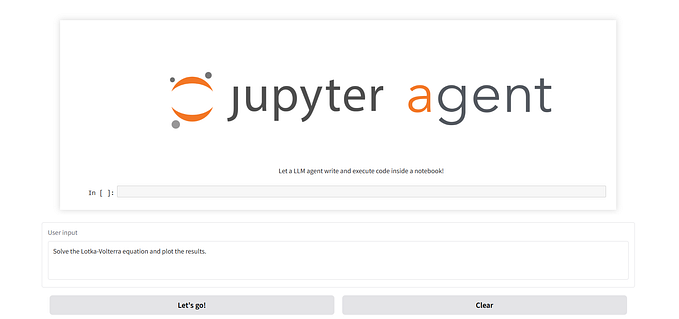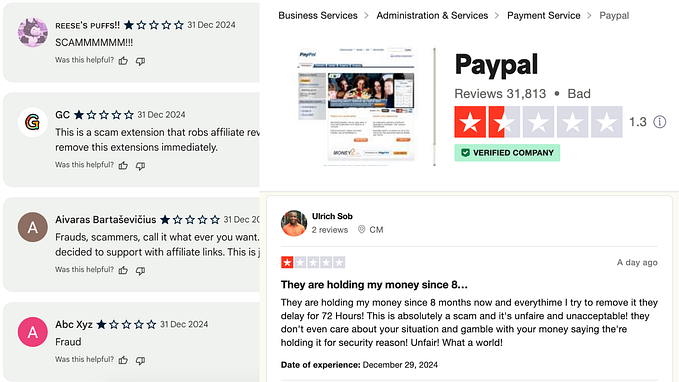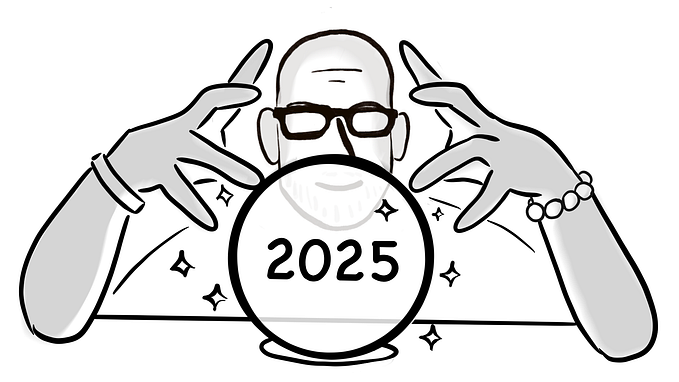With Startups, Information Does Not Want To Be Free
Some thoughts on reporting about and analyzing startups…
A few weeks back on Twitter, Steve Cheney wondered why we haven’t seen the rise of a newsletter that covers startups/private companies in the same way that Ben Thompson’s Stratechery covers larger, public companies. Both Semil Shah and Thompson himself had good responses.
Basically, Shah noted that such a person would need years of experience in the ecosystem to do such a thing, but more importantly the drive to do such a thing — to build up a business that would become sustainable. In both cases: it takes time. Cheney responded with another layer: the inevitable conflicts of such a person, built up over said time.
Thompson took it a step further:
Information is a prerequisite for analysis, and that is very hard to come by for someone that is not conflicted. You’re right that you don’t need 5 years to build a viable sub base though.
Obviously I’d like to cover private companies more. It’s also very very easy to get burned when you realize the only public information is usually out there to drive a particular narrative that may not necessarily match with reality. That’s why I love S-1s.
This is where I weighed in, because I have perhaps a unique vantage point having been someone on both sides of this equation. I was a technology reporter for about five years. And I’ve been a technology investor for the past seven-plus years.¹
Obviously, I agree with all of the above. But I feel like it’s a complicated dance and very few people actually understand the nuance. I’ve said it more bluntly in the past, but these days I’ve calmed down a bit. Yet from my perspective, the song remains the same: the vast majority of what you read on a daily basis about startups is not the full picture. In fact, it often paints a misleading picture — or worse.² And you’re lucky if what you’re reading is even just directionally accurate.
There are exceptions, of course. All the reporting about Theranos jumps to mind — though I would note that I have no real inside knowledge of what actually happened, so much like you, I’m relying on what would seem to be great reporting that spanned months and years! But this is obviously an extreme case, both because the stakes were so high (peoples’ health!) and because the transgressions were seemingly so egregious. Both of these factors led to a wealth of reporting, which made triangulation possible — always key — and also for multiple sources with hidden knowledge to come forward.
This gets at the heart of it: most of the time, there is a fundamental disconnect between those with the ground truth, and those who would seek to expose such information. Most often, this breaks down to insiders vs. outsiders.
Insiders may have full, or close to full, information clarity, but have no reason to expose such information to the outside world. In fact, there are often heavy disincentives to doing so. Outsiders may want such information for various reasons (competitive analysis, reporting, etc), but that requires a pipeline in to the inside information. With a startup, because there are so few public disclosures (sometimes just things such as funding filings — and not always those either!), the most common way to get information is either through leaked documents (either illegally or inadvertently, sometimes including through code itself), or from insiders willing to share information.
The latter is always tricky because more often than not there’s an obfuscated reason an insider is leaking such information. And more often than not it’s not a particularly good reason.
The best case scenario is the Theranos one above, where the leakers are effectively whistle-blowers. But again, that is an extreme case. Far more likely is that the leaker has their own agenda, as Thompson alludes to above. Sometimes it’s to curry favor with the press, perhaps to “cash in that chip” down the road.³ Sometimes it’s an internal axe to grind. (Sometimes it’s both!) Sometimes it’s as silly as someone with privileged information just really, really wanting to tell someone else. And sometimes that someone else tells someone else, and so on. Sometimes that someone else is even a member of the press. This sounds crazy, but it happens!
That last one is also one of the better-case scenarios — for the press, at least, as they can disseminate such information feeling fairly confident (but not fully confident!) in what they’re reporting. Certainly this is not the best-case scenario for the insiders, as that employee/insider will likely be caught and fired. Or worse! Which again points to why inside information stays inside.
Anyway, all of this is understandable and perhaps fine, provided you recognize this. Unfortunately, most people do not recognize this, and take what is written — no matter by whom, and to what end — as gospel.
So yes, it would be nice to have a Stratechery more predicated around startups. But it’s also basically impossible for the reasons mentioned above.⁴ With startups, there are a relatively small number of people with insider information, and those who hold it are heavily incentivized to hold it close.
At the same time, while some information inevitably does get out, you always have to question it for the reasons mentioned above. And often, the best you can hope for, as a reader, is directional accuracy. And that such stories will lead someone else to dig up more information and propel the story further, enabling the smart people — usually those with the years of experience/knowledge mentioned above — to triangulate wisely.⁵
“Information wants to be free” except when it does not.⁶
¹ Yes, I’ve been investing quite a bit longer than I was ever reporting at this point in my career.
² This often includes posts written by companies, VCs, and the like too!
³ This was fairly common in my reporting experience. “I’ll give you this information if you help me out in the future” type of thing…
⁴ I say “basically” because if I squint hard enough, I can see a tiny window to do something somewhat along these lines. But it would be a very tough balancing act: someone who is close enough to be an insider, but far enough removed to be an unbiased observer. One could easily see how such a person could tip too far one way or the other, destroying such a delicate position…
⁵ You’ll note how often I mention “triangulation” above. To me, this is key both for reporters and readers. Because there is such opacity in the information we’re talking about, the best reporters and readers will recognize that most of the time, their best chance of getting closer to the truth is to take in everything they can and triangulate a picture from such data. The best scoops often don’t come from someone bluntly spelling out a hidden fact, but instead letting something slip, even inadvertently, and the information gatherer using that data to extract another bit of data, and so on. It still won’t be the full picture, but it’s likely to be closer, depending on how good those people are at triangulating!
⁶ Which is actually the yang to Stewart Brand’s oft-quoted ying:
Information Wants To Be Free. Information also wants to be expensive. …That tension will not go away.











